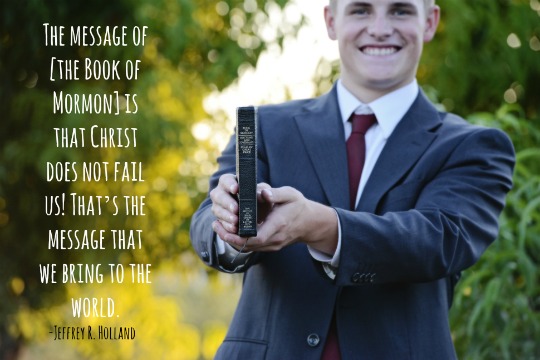When people think of Mormons (a nickname for members of The Church of Jesus Christ of Latter-day Saints), they often think of young men wearing suits while riding bicycles. Those are Mormon missionaries, although they are only one portion of the Mormon missionary program.
Mormon missionary service is voluntary. It is unpaid and the missionary pays his or her own expenses. They all agree to serve wherever they are sent and do what they are asked to do. There are a variety of different types of missions, but for younger missionaries, the missions are usually proselytizing missions. Mormon men have the greater obligation to serve as part of their priesthood responsibility and can leave at age eighteen if they have graduated from high school. Mormon women are free to serve if they choose and leave at nineteen, the Church having come to realize it is better to have some age difference between the men and the women, since dating is not permitted on missions. This is sometimes a difficult transitions for young Mormons freshly in the field.
 They serve for eighteen months to two years in places that are often very different from their home towns. City people find themselves in the country. Wealthy missionaries find themselves in the inner-city or even a developing nation. Poorer missionaries might find themselves teaching lessons in mansions. Utahans used to be the majority faith find themselves in a Catholic area. This broadens their horizons and helps them understand how different the world is. They learn to love people very different from themselves and to serve wherever they are needed. By letting God choose the circumstances of their missions, they learn to trust Him to know what they need to learn. Christ’s gospel, while initially taught only to the Jewish people, was eventually, by revelation, given to all the world.
They serve for eighteen months to two years in places that are often very different from their home towns. City people find themselves in the country. Wealthy missionaries find themselves in the inner-city or even a developing nation. Poorer missionaries might find themselves teaching lessons in mansions. Utahans used to be the majority faith find themselves in a Catholic area. This broadens their horizons and helps them understand how different the world is. They learn to love people very different from themselves and to serve wherever they are needed. By letting God choose the circumstances of their missions, they learn to trust Him to know what they need to learn. Christ’s gospel, while initially taught only to the Jewish people, was eventually, by revelation, given to all the world.
Young missionaries live by very strict rules. They have scheduled bedtimes and rising times, a strict schedule to follow, rules about neatness of their apartments and appearance, and rules about appropriate behavior. They put aside worldly pleasures for the span of their mission to focus on spiritual matters. They will not have such an opportunity again for decades and it is a dedicated time to give back to God and to focus on things of eternal importance.
They spend their days studying religion, sharing their faith with others, and performing service projects. The experience of sharing their beliefs helps to strengthen them and to make them better able to articulate what they believe, something few people today are able to do. The discipline prepares them for their secular lives to come in school and employment. Because they spend all their time with a companion, they learn to live with and get along with another person. These companionships are rotated often so they learn to accept all sorts of people and to share their lives with those who are different from them. This may be one reason Mormon marriages are less likely to end in divorce.
For most, though, it is the spiritual growth that has the most impact. It is a time of spiritual refinement, when most make eternal commitments to what they believe. As they study and testify, they solidify their feelings about their faith and prepare for a lifetime of service to God.
Mormons have a lay church and everyone serves. There is no professional clergy so any of these young missionaries might one day soon find themselves leading a congregation for five years or teaching teens or working in the literacy program. Their missions teach them leadership and help them understand how to help others to gain testimonies. Both men and women hold essential leadership positions in the church, teach classes, and lead organizations. Both men and women offer the public prayer in worship services and give sermons, so missions help to prepare them for this.
Older married couples can choose to serve missions as well. Many serve at least once and some serve repeatedly throughout retirement, having a chance to not just visit a country, but to live in it and serve it. Senior missionaries often serve as humanitarian missionaries, carrying out humanitarian programs in developing nations, including clean water projects and infant resuscitation training. They are making a powerful difference in the world, utilizing what they’ve learned in business, church service, and everyday life to change the world.
